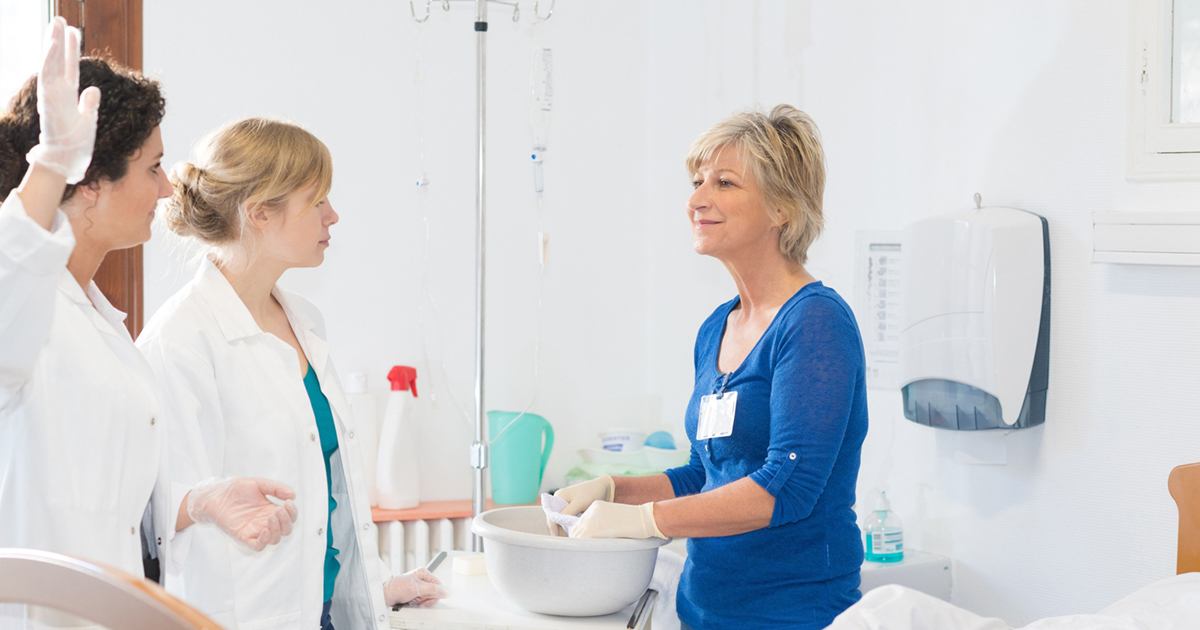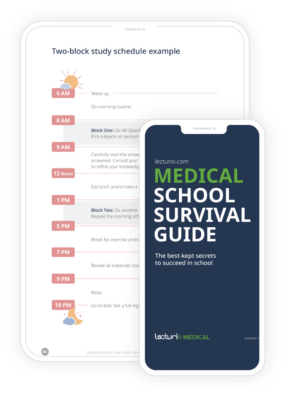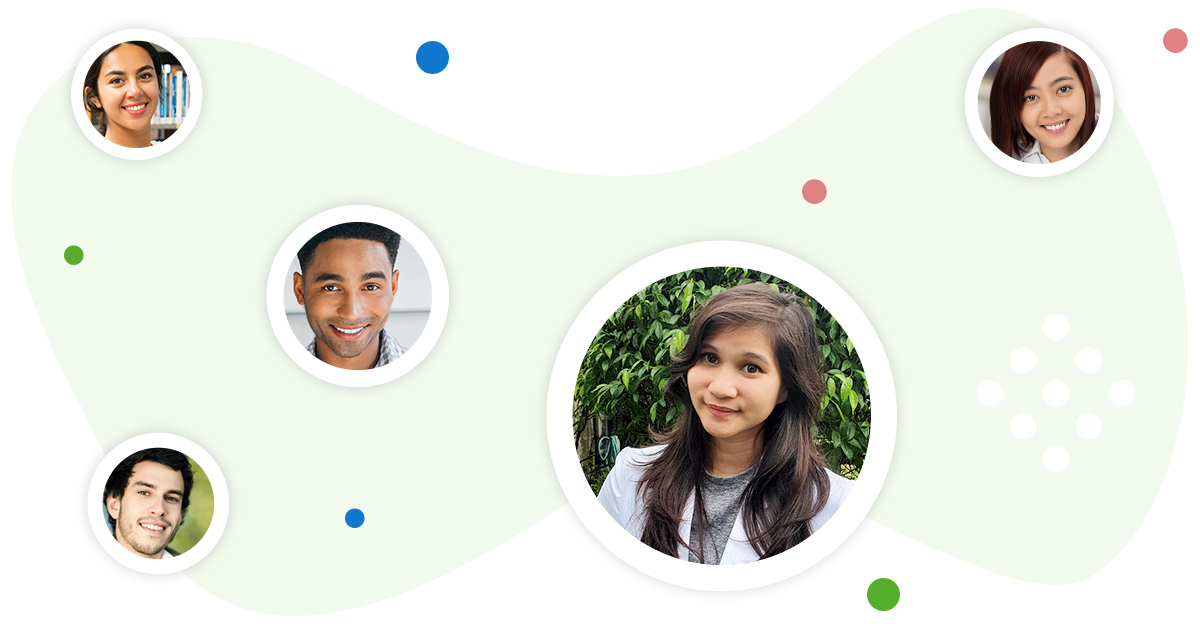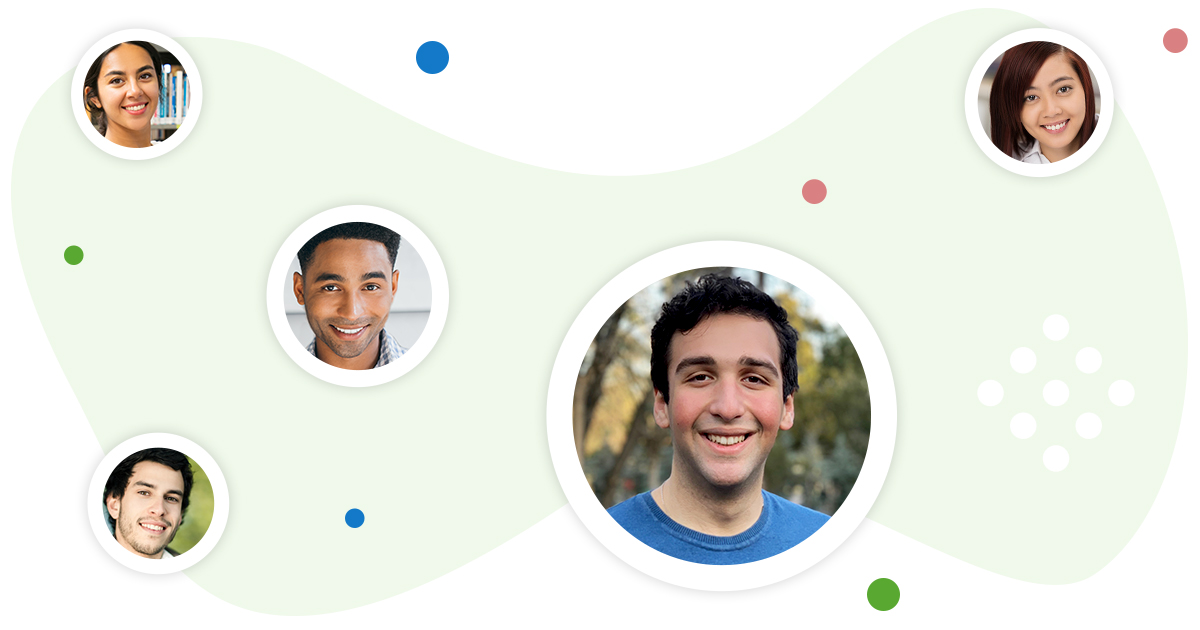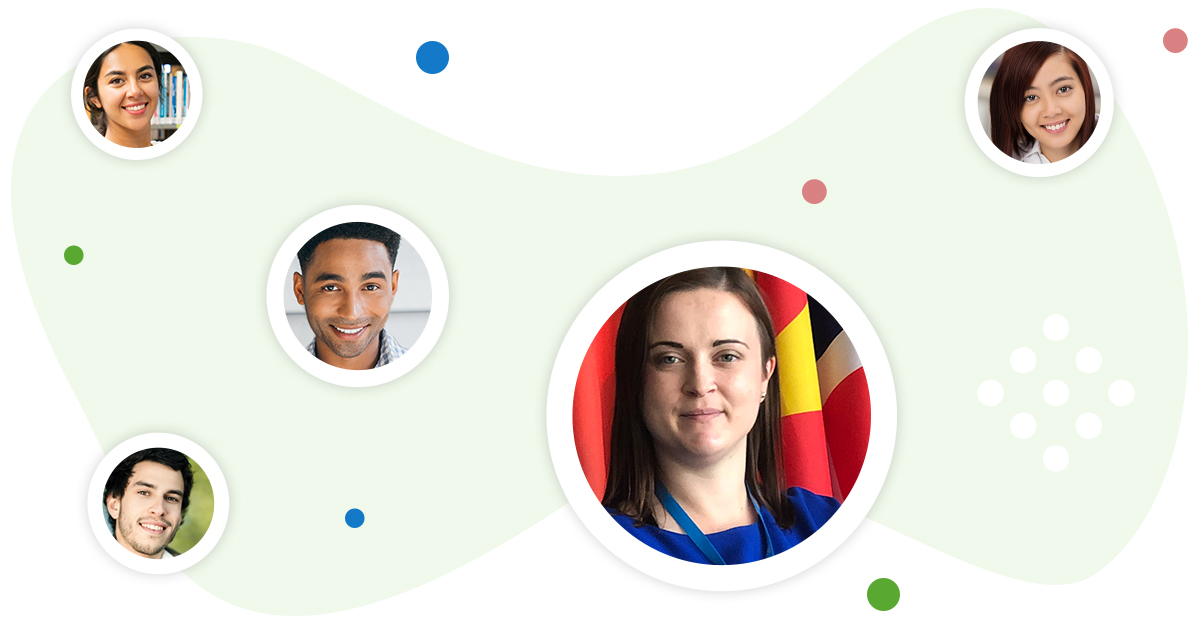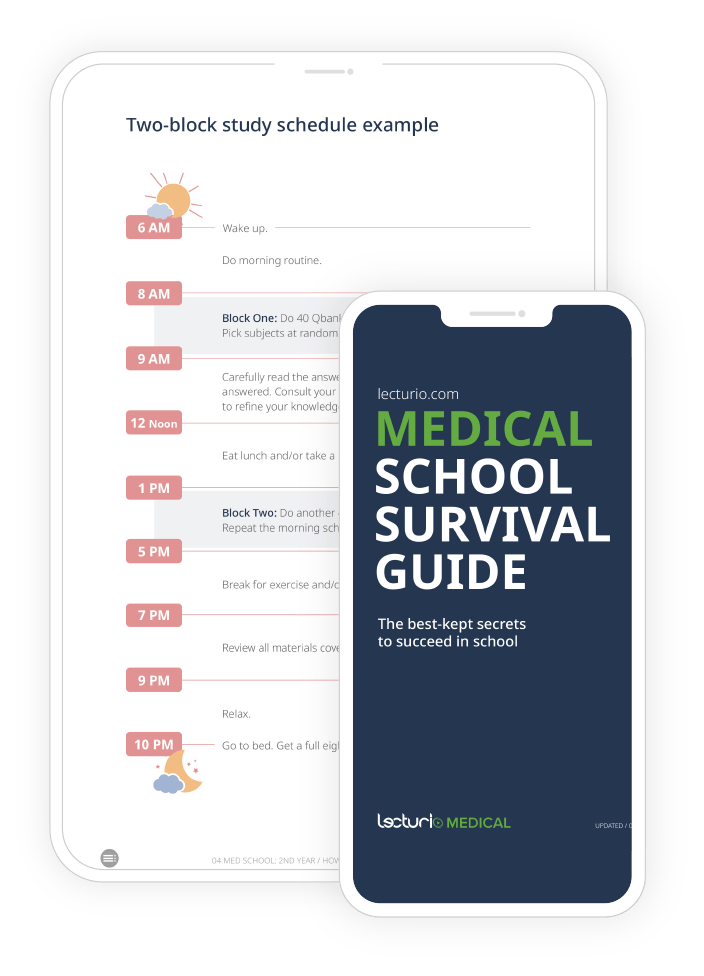What Is A Clerkship? An Elective? Why Do They Matter?
USCE can be broadly divided into hands-on and hands-off experiences. Observerships – rotations during which a student observes a doctor doing their work but is not allowed to participate – are a clear example of hands-off experience. By definition, clerkships, clinical electives, or clinical rotations are all names for essentially the same thing – rotations during which you participate in the patient care process.
It is easy to imagine why many residency programs prefer students with hands-on clinical experience within the States. They want a resident who is able to manage the day-to-day work of the program, and having prior encounters with the medical system in the US is a big help in that sense.
Before my clinical elective at Mayo Clinic, my only experience was a hands-off observership at University Hospitals in Cleveland, Ohio, so the hands-on approach was completely new to me. I had done physical examinations and taken patient histories during my clinical years in medical school, but never had I encountered an electronic health record (EHR) system like Epic, nor the types of diseases I ended up seeing. Honestly, the prior observership experience was of a huge significance to me. I doubt I would have been able to pass the clinical elective requirements without it.
Related videos
My Experience – A Warm Welcome
I arrived to Rochester, Minnesota on a chilly night in late autumn. I wasted no time finding accommodation as I had pre-booked a room in a building near the hospital campus, and tried to get as much sleep as I could.
On our first day, all the visiting medical students on their clerkships went through orientation. What made me nervous was that some of them were US students, and others talked about their prior elective experiences while I stood there as fresh, inexperienced, and green as a grape. My elective was with the hematology department. I had always been fascinated with blood diseases, so when I got the notice that I was accepted to a hematology elective at Mayo, I was extremely happy.
After orientation, we were all sent to get to know the medical teams we’d be working with. I got lucky here too – the group I ended up with had the best Residents, Fellows, and Attendings that I could ever wish for. They taught me everything I needed to know and gave me complete freedom to take histories and do physicals. They didn’t overburden me as well. During the morning rounds, I was in charge of presenting one or two patients to our Attending and discussing their conditions and treatment options. I’m still grateful to all the Residents and Fellows I met during that elective – they were instrumental in shaping me as a physician.
My Hardships – A Lack of Confidence And Energy
Throughout the elective, I pinched myself multiple times to make sure I wasn’t dreaming. Here I was, being taught and gaining experience along with the leading professionals in the field I had wanted to be part of for a long time. But not everything was perfect in my personal life.
Looking back, I could have done much better during that elective if I had just shown more confidence in my own skills.
During the rounds and physicals, I always took a step back compared to the residents, thinking “what do I know? I’m just a medical student.” This passive way of thinking did not allow me to make the most of the first weeks of my elective. The feedback from the Attending at the end of Week 1 was particularly scathing. He told me that my knowledge and English skills were fine and that I should have spoken more throughout rounds and conferences. More importantly, he told me that I was falling behind and that my clinical skills should have been far more developed. To my credit though, that feedback gave me the will to start working harder and bring up my confidence. I can honestly say that by the end of my elective month, I was at least keeping pace with the Residents.
Being in the cold, snowy north without any friends to talk to was also particularly difficult. The Residents were all extremely nice, but I could not dare to take any time away from them. What hurt most of all was the separation and loneliness I felt while away from the love of my life. This was just a month prior to when we married, by the way!
My personal advice for anybody doing a clinical elective – do not try working at the same time. I was working as a freelancer throughout the entire elective process. My day consisted of work in the hospital followed by work at home. I barely had any time to read medical literature and catch up with the diseases we were facing in the clinic. In the end, I was working 13–14 hours per day and not getting enough sleep. This impacted my overall performance, as there were days that I just wanted to keel over and sleep.
How To Make The Most Out Of Your Clerkship
It is surprisingly easy to gain experience from an elective or clerkship, but it’s even easier to miss out on opportunities.
There are two easy ways to make the most of your elective/clerkship experience: ask questions and participate.
Asking as many questions as possible about the patients you’re caring for and their conditions is vital. Just be clear about what you’re asking, you’re in a hospital now. Some Attendings may be interested in the pathogenesis and basic aspects of diseases, but they’re clinicians first and foremost. By far the most common questions you should be asking are “how is this treated?” and “how would I approach this patient?” Remember, the Residents and Attendings were students too; they understand that you don’t yet have all the clinical knowledge.
Is there a procedure you’re interested in? Is there a particular disease symptom or sign you’ve never seen? Well, go ahead and participate! Most electives give you the opportunity to see and participate in procedures and physical examinations while under supervision. In fact, a lot of electives actively encourage you to go out and examine your patients on your own and see how your insights differ from those of the Residents’.
Above all, remember to have fun and learn. Enjoy your rotations and the people you meet. Learn and teach others. To quote Confucius: “The man who loves his job never works a day in his life.”
